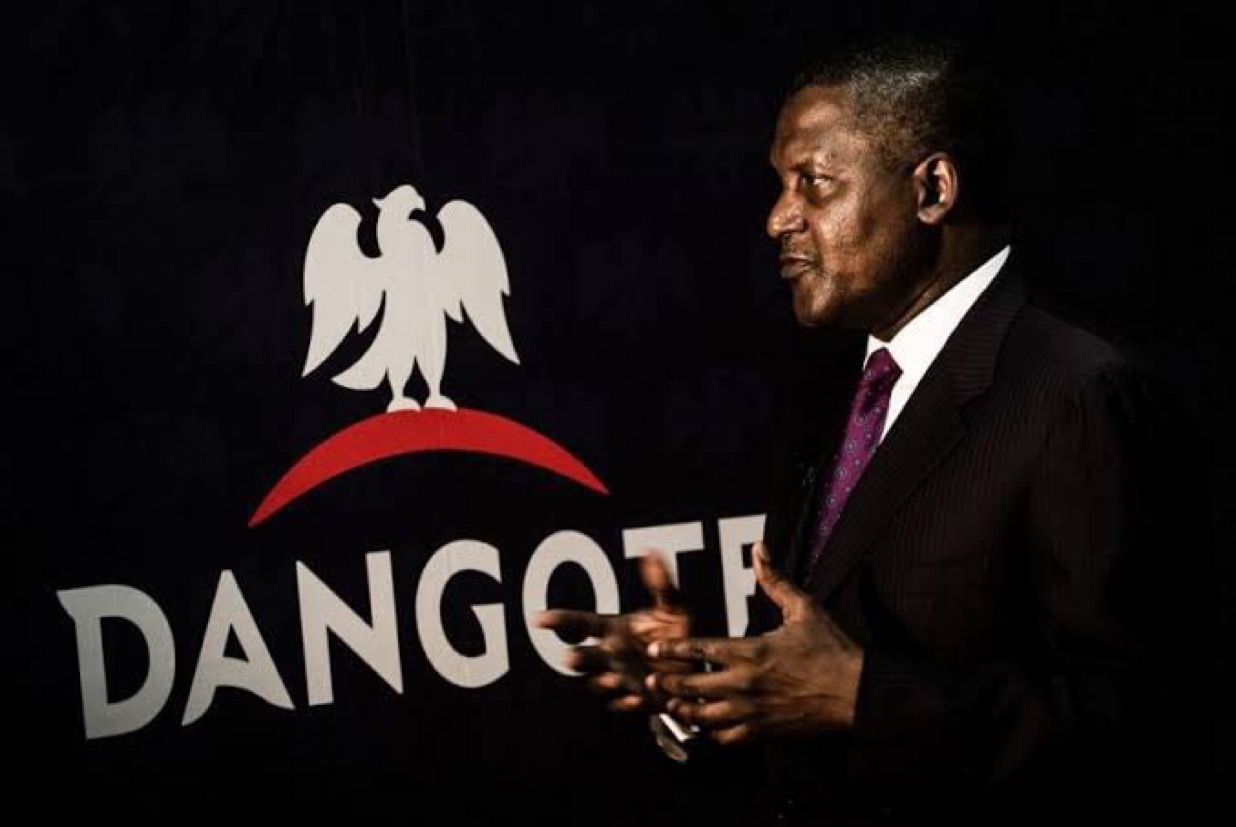

Africa’s richest man, Aliko Dangote, has once again made history by becoming the first African to achieve a personal net worth of $30 billion, according to the latest Bloomberg Billionaires Index report released this week. The Nigerian industrialist, who built his empire from the ground up, has cemented his place not just as a continental business icon but as one of the most influential economic figures in the world. His new milestone represents a powerful statement about African entrepreneurship and the possibilities that can arise from persistence, innovation, and vision in the face of global challenges.
Dangote’s financial rise comes after years of strategic diversification, expansion, and the monumental success of his newest venture—the Dangote Refinery, which recently began full-scale operations. The $19 billion refinery project, located in Lagos, Nigeria, is currently the largest single-train refinery in the world, capable of processing 650,000 barrels of crude oil per day. Its successful operation has positioned Dangote not only as a dominant force in cement, sugar, and fertilizer industries but now as a key player in the global energy market. Analysts say the refinery’s output and impact on Nigeria’s economy have significantly boosted Dangote’s wealth and international profile, making this $30 billion valuation not only impressive but also well-earned.
The Bloomberg report attributes a large portion of this wealth increase to the surging profitability of Dangote Cement—his flagship company—which continues to dominate Africa’s construction sector. The company’s shares have soared on the Nigerian Exchange in recent months following record-high demand for cement across West Africa and beyond. With operations in over ten African countries, Dangote Cement has become a symbol of industrial success and a major contributor to Nigeria’s GDP. The refinery’s growing influence, combined with rising cement profits and stable fertilizer exports, has now placed Dangote in the same league as global business magnates like Elon Musk, Bernard Arnault, and Warren Buffett—though from a continent often underestimated in global wealth conversations.
In the statement released shortly after the announcement, Dangote expressed deep gratitude to his team and reiterated his lifelong commitment to Africa’s economic growth. “This milestone is not just mine; it belongs to every African entrepreneur who believes that we can build global businesses from our continent,” he said. “The journey has not been easy, but it shows that with persistence, transparency, and a long-term vision, Africa can rise.” His words have since sparked celebration and conversation across the continent, with business leaders, politicians, and ordinary citizens hailing his achievement as a moment of pride for Nigeria and Africa as a whole.
Economists say Dangote’s rise to a $30 billion net worth comes at a crucial time for Nigeria’s struggling economy. With inflation and unemployment rates still high, the success of the Dangote Refinery has brought a glimmer of hope. The refinery’s output is expected to drastically reduce Nigeria’s dependence on imported petroleum products, save billions in foreign exchange annually, and create thousands of jobs directly and indirectly. Financial experts also predict that Dangote’s growing fortune could have ripple effects across multiple sectors, attracting more foreign investments into Nigeria’s manufacturing and energy industries.
However, not everyone sees this milestone through a purely celebratory lens. Some critics argue that Dangote’s dominance across key industries reflects the persistent imbalance in Africa’s economic systems—where a handful of individuals control vast wealth while millions struggle with poverty. Others have questioned whether his proximity to political power in Nigeria gives him an unfair advantage over competitors. Still, even his critics admit that his consistency, risk-taking, and foresight in building industries from scratch are nothing short of remarkable. From selling bags of sugar and cement to running Africa’s largest conglomerate, Dangote’s story remains one of grit, strategy, and sheer belief in possibility.
Born in Kano State, Nigeria, in 1957, Aliko Dangote showed signs of entrepreneurship from a young age. He started his first business at the age of 21, trading in commodities like rice and sugar with a loan from his uncle. Over the decades, he expanded aggressively into manufacturing, setting up factories that reduced Africa’s dependence on imports and created millions of jobs. Today, the Dangote Group operates across more than a dozen countries, manufacturing products that touch nearly every aspect of daily life—from cement to salt, from flour to fertilizers. His refinery, now producing diesel, aviation fuel, and premium motor spirit, is projected to make Nigeria a net exporter of refined petroleum for the first time in its history.
Social media has been buzzing since the news broke, with Nigerians expressing both admiration and amusement. Memes, congratulations, and proud declarations flooded platforms like X (formerly Twitter) and Instagram, where Dangote’s achievement became a trending topic under the hashtag #Dangote30Billion. Many users called it “a win for Africa,” while others joked that it was time for Dangote to finally buy Chelsea Football Club—a long-rumored ambition he has mentioned in interviews. Several Nigerian celebrities, business owners, and influencers also joined in the celebration, emphasizing how his success story continues to inspire generations of African entrepreneurs to dream beyond local boundaries.
The international community has taken notice too. Global media outlets have hailed Dangote’s achievement as a “turning point for African capitalism,” while investors from Europe, Asia, and the Middle East are reportedly exploring new partnerships with the Dangote Group. His refinery, in particular, has become a magnet for oil-producing nations looking to collaborate with a stable, large-scale African operator. Experts predict that if the refinery maintains current output and continues to expand export operations, Dangote’s net worth could soar even higher in the next few years.
Despite his enormous wealth, Dangote is known for his modest lifestyle and focus on business over luxury. Those close to him describe him as disciplined, early-rising, and deeply involved in the day-to-day operations of his companies. He remains a major philanthropist through the Dangote Foundation, which funds education, healthcare, and poverty reduction initiatives across Nigeria and Africa. In recent years, his foundation has provided millions of dollars in humanitarian aid, built hospitals, and funded vaccination programs. “Wealth must serve a purpose,” Dangote once said, “and that purpose is to improve lives.”
As the dust settles on this historic announcement, Aliko Dangote’s rise to a $30 billion net worth stands as more than a personal achievement—it is a statement of what is possible when vision meets discipline. It is also a reminder that Africa, often written off in global economic conversations, holds immense potential when its people are given the opportunity to innovate and lead. While many still grapple with poverty and inequality, Dangote’s story symbolizes hope and proof that Africa’s future billionaires might already be among us—quietly building, dreaming, and working toward their moment in history.
For now, Aliko Dangote remains a living testament to the power of ambition and resilience. From the dusty streets of Kano to the world’s billionaire lists, his journey continues to redefine what it means to be African and successful on a global scale. And with $30 billion to his name, one thing is certain—Dangote has not only changed the game; he has changed the narrative.


